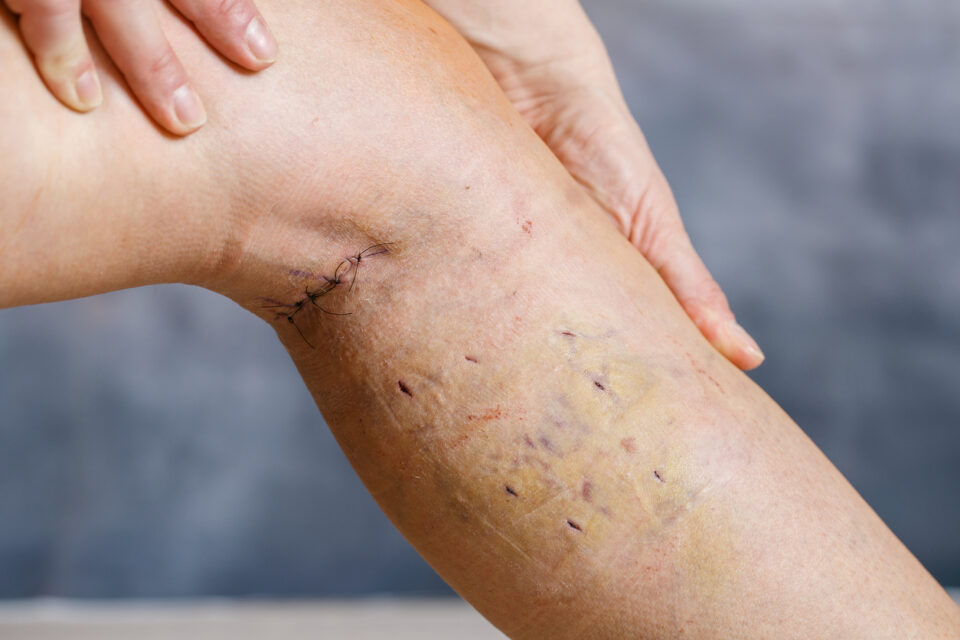The American Heart Association estimates that more than 22% of adults in the country have varicose veins. Unlike a spider vein, a varicose vein is usually more pronounced and has more severe symptoms. If you do not go for early diagnosis and treatment of varicose veins from Kristen Forsythe FNP, you become at higher risk of various complications, including bleeding and blood clots. Blood clotting in the superficial veins, which are veins close to the outer surface of your skin, makes you susceptible to deep vein thrombosis and thrombophlebitis. For instance, thrombophlebitis is characterized by blood clots in the vein resulting in inflammation and pain.
Below are a few things you may need to remember about venous ablation.
When you may need venous ablation
Veins are mainly important in your body for transporting oxygen-deprived blood from the rest of the body to the heart. Veins are fully equipped to do their job since they have tiny valves that prevent the backflow of blood and are surrounded by muscles that repeatedly contract to allow blood to pump.
Sometimes, due to various conditions, including pregnancy, the valves, muscles, and walls of veins may be destroyed and weakened. Without normal blood pumping, it collects, causing enlarged and bulging veins.
You will need venous ablation to improve the appearance of the veins in your legs and hands and reduce or eliminate symptoms such as inflammation, leg cramps, heaviness in the legs, and itchiness.
Preparation for venous ablation
Consult your specialist in venous ablation days or weeks before varicose veins treatment. Your health provider will subject you to a physical examination and ask about your medical history to determine if you are the right candidate.
Ensure your doctor knows in advance if you are taking any medications. For instance, if you are using blood-thinning medicines, your doctor may ask you to avoid them until after the completion of your treatment.
You may also need to stop taking aspirin and nonsteroidal anti-inflammatory drugs a day or a few days before treatment.
Put yourself in the right mental and physical shape to handle the stressful procedure by limiting or avoiding intake of alcohol, stopping smoking, eating healthily, and remaining physically active.
How venous ablation works
A venous ablation is a procedure that closes veins with damaged and weak valves and walls. A specialist in venous ablation will locate your affected veins with a diagnostic tool such as an ultrasound scan.
Your doctor then makes a tiny incision in the location with varicose veins. Your doctor uses the small cut in your leg to insert a small tube into the enlarged and twisted vein.
The doctor utilizes a thin tube (a catheter) and a special device to transmit radiofrequency or laser waves that generate heat to the affected vein.
Exposure of a vein to intense, controlled heat destroys its tissues, which seals it off permanently, forcing blood flow only in healthy veins.
Contact Vascular Specialists today to schedule an appointment with a specialist in venous ablation and learn more about the treatment for varicose veins.

